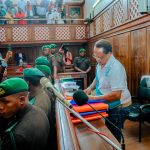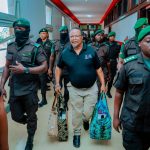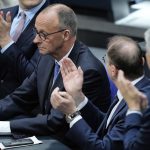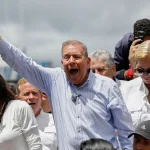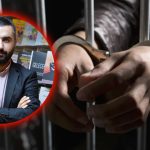A delegation of Kenyan diaspora leaders under the umbrella of the Diaspora Technical Working Group is in the country to engage government and political leaders on key issues affecting millions of Kenyans living abroad. Their mission focuses on securing diaspora voting rights, advocating for economic inclusion, and pushing for accountability on the use of diaspora remittances.
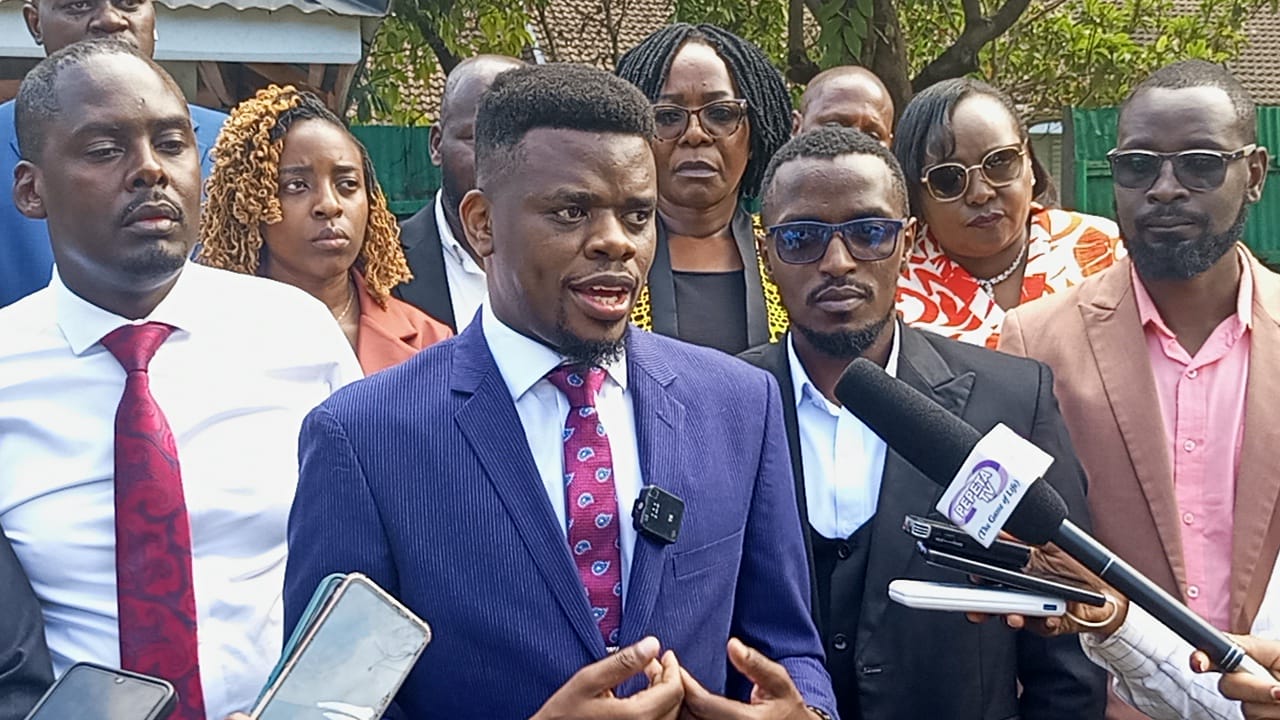
Led by Danson Mukile, a U.S.-based diaspora leader, the group brings together over 100 associations, organizations, interest groups, and politically diverse members from across the globe. Mukile emphasized that despite their different political affiliations, they are united not by party politics, but by a common commitment to the welfare of Kenyans living abroad.
Mukile stated that the team is advocating for the full implementation of Articles 38, 81, and 82 of the Constitution, which guarantee the right to vote for all citizens, including those outside the country. He expressed concern that the Independent Electoral and Boundaries Commission (IEBC) has not done enough to progressively facilitate diaspora participation in elections.
Currently, only a handful of diaspora polling centers exist, primarily at embassies or consulates, such as those in Washington, D.C., New York, and Los Angeles. According to Mukile, this system excludes many, especially those living in far states like Texas, where the nearest polling station can be more than 20 hours away by road. In the last election, only 10,000 diaspora voters were registered, and just 6,000 cast their votes.
The group is calling for more polling stations in cities with large diaspora populations and the introduction of digital solutions such as early or online voting. They argue this will make voting more accessible and representative.
Mukile explained that the group has held discussions with key stakeholders including the IEBC, the Law Society of Kenya (LSK), Katiba Institute, Centre for Multiparty Democracy (CMD), and the Election Observation Group (ELOG). They have also met with political leaders including Kalonzo Musyoka and Raila Odinga, and now plan to meet President William Ruto. Although a scheduled meeting with the President was postponed due to security developments in the country, the group has been promised an audience in the coming week.
Mukile noted that political leaders they’ve met support the idea of enhancing diaspora voting. Raila Odinga, for instance, proposed early voting for diaspora citizens and the adoption of secure technology to ease the process. However, Mukile emphasized that this would require legal reforms, as current laws mandate in-person biometric registration and voting.
The diaspora team is also engaging various government departments and private sector stakeholders to explore opportunities for increased involvement in Kenya’s development. Dr. Martin Koyabe, another member of the delegation, outlined the group’s meetings with the Ministry of Finance, Kenya Airways, KONZA Technopolis, the Tourism Board, and other agencies. The team aims to bring diaspora expertise, experience, and financial resources into alignment with Kenya’s development agenda.
Koyabe emphasized that the diaspora has a lot to offer, including professional skills, investment capital, and voluntary services. He pointed to an ongoing initiative involving 60 to 70 diaspora nurses currently in the country to offer free healthcare services in different counties, as part of a wider program for knowledge and skills exchange.
Betty Mahogo, Secretary-General of the Diaspora Fraternity and a tourism expert, highlighted the potential for tourism to create employment and stimulate economic growth. She said the diaspora delegation would also be discussing tourism and youth employment with the President, emphasizing the need to develop the sector in a way that benefits both tourism and agriculture.
Mahogo stated that the diaspora views Kenya as home and has a strong desire to contribute to national progress. She stressed that they are not just pointing out problems, but coming with solutions—especially in sectors like tourism, youth empowerment, and national welfare.
The Diaspora Technical Working Group expressed optimism that their continued engagements will not only influence policy but also foster long-term partnerships between the diaspora and the Kenyan government. They believe the diaspora deserves a voice in shaping the country’s future, particularly given their significant contributions to the economy.
“The diaspora is currently the number one foreign exchange earner for the country,” said Mukile.

